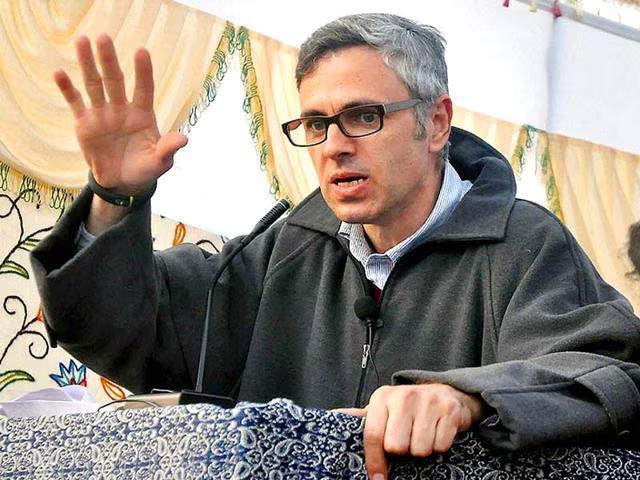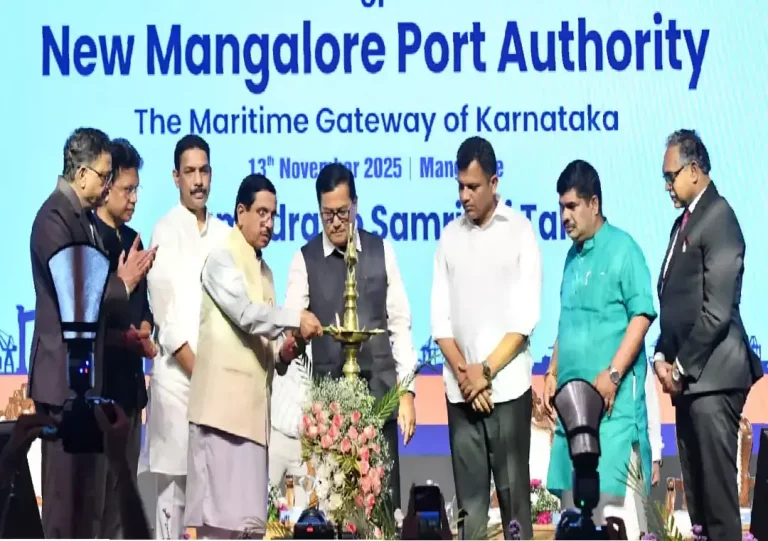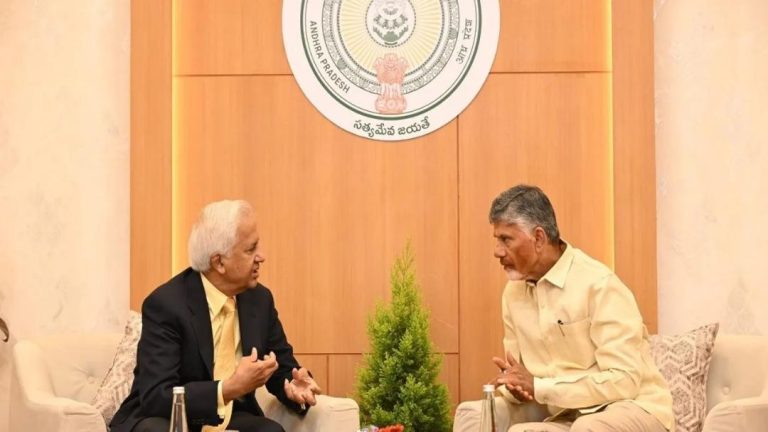
US Doesn’t Care About Any Other Country: J&K CM Omar After Trump-Pak Army Chief Lunch
The already strained relations between the United States and Pakistan received a fresh jolt after US President Donald Trump hosted Pakistan’s army chief, General Asim Munir, for lunch. The move has sparked a heated debate, with many questioning the timing and implications of the meeting. In the midst of the controversy, Jammu and Kashmir (J&K) Chief Minister Omar Abdullah expressed his candid thoughts on the matter, stating that the US doesn’t care about any other country.
In a scathing critique, Omar Abdullah highlighted the stark difference between the US’s approach towards its allies and its apparent disregard for other nations. “We can’t dictate to the US President whom he should invite for dinner…We used to think the US President was our close friend, and he’d respect that, but the US does what benefits them, they don’t care about any other country,” he said in an interview.
Abdullah’s remarks come as no surprise, given the long-standing tensions between India and Pakistan over Kashmir. The recent escalation in violence and cross-border ceasefire violations has further strained the relations between the two nations. Trump’s decision to host Pakistan’s army chief, despite the country’s questionable record on terrorism and its continued support for anti-India groups, has been seen as a significant snub to India’s concerns.
The timing of the meeting has also raised eyebrows, with many speculating that it may be an attempt by Trump to use Pakistan as a pawn in his bid to secure a peace deal with the Taliban in Afghanistan. The US has been struggling to find a way out of the protracted conflict, and Trump’s administration has been accused of making concessions to Pakistan in exchange for its cooperation.
Abdullah’s comments highlight the broader issue of the US’s approach towards its allies and its pursuit of its own interests. The US has a reputation for being a global leader and a champion of democracy and human rights, but its actions often seem to be guided by its own strategic interests.
In recent years, the US has been criticized for its close ties with Saudi Arabia, despite the country’s questionable human rights record and its role in destabilizing the region. The US has also been accused of turning a blind eye to the human rights abuses committed by its allies in the region, as long as it suits its strategic interests.
The Trump administration’s decision to withdraw from the Intermediate-Range Nuclear Forces Treaty (INF) with Russia has also sparked concerns about the country’s commitment to global security and its desire to maintain a balance of power in the region. The US has been accused of using its military might to dictate its terms to other nations, rather than working towards a collective security arrangement.
Abdullah’s comments are a stark reminder of the limits of the US’s influence and its willingness to engage with other nations on a level playing field. While the US may be a global superpower, its actions often seem to be guided by its own interests, rather than a desire to promote peace and stability in the region.
In conclusion, Omar Abdullah’s remarks serve as a wake-up call for India and other nations to re-evaluate their relations with the US. As a global leader, the US has a responsibility to promote peace and stability, but its actions often seem to be guided by its own interests. The Trump administration’s decision to host Pakistan’s army chief may have been a diplomatic blunder, but it also highlights the need for a more nuanced approach towards international relations.






